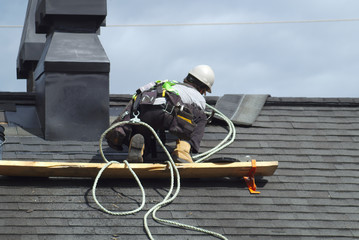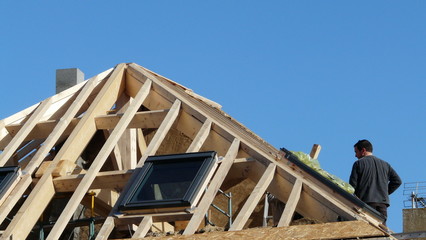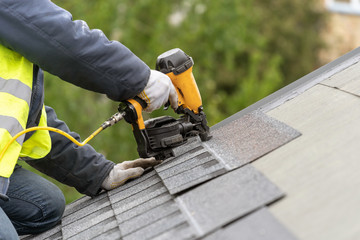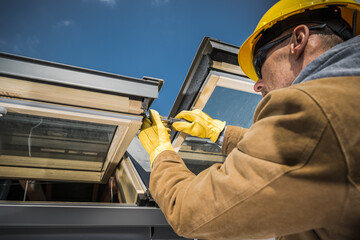If you are looking to get a new roof installed, it is important that you find an expert who is experienced, certified, and has a great reputation. You also need to think about their safety, insurance, and maintenance programs and the experience they have gained. A certified roofing contractor at Roofing can save you money on roof repairs. These contractors are highly trained and insured. Leading material manufacturers also recommend them.

It’s no secret that being a roofer requires more than a hefty paycheck and a swagger worthy of the office staff. The best companies boast an impressive roster of vetted professionals. They know the name of every horse in the barn and will happily answer your questions about roofing materials and techniques in the know. You can rest assured that your roof will be in good hands. Whether you’re building a new abode or simply repairing the old one, you can rest assured that the company is in it for the long haul. In fact, they’ll even tell you where to find the best shingle for your home or business. If you’re on the hunt for a top notch roofing service, give them a call today!
The roof is probably the most important part of your home. It protects your most valuable possessions from the elements. So, when you are buying a new house or planning to sell your old one, it is important to understand what a roof certification is.
A roofing certification is an inspection performed by a licensed roofer. This helps you determine the condition and lifespan of your roof. If the roof is in good condition, you won’t have to replace it anytime soon. Also, it can give you peace of mind when you are making repairs or purchasing a new house.
There are many different types of insurance for roofing experts to choose from. It is important to choose the right coverage. Your insurance agent can help you find the right policy. You should consider a comprehensive policy that covers the worst case scenario.
Liability Insurance: A liability insurance policy protects you from the cost of lawsuits that arise from third party injury or damage. The insurance also pays for any legal defense costs that might be incurred.
Errors and Omissions: Professional liability insurance protects you from lawsuits related to your work. For example, if you fail to provide customers with a quote, you could be found liable for that omission.
Workers Compensation: Most states require workers’ compensation for contractors. This coverage helps to cover the medical expenses and lost wages of injured employees. Without it, you can face fines or a criminal charge.
Maintenance programs. One of the easiest ways to extend the life of your roof is by investing in a preventative maintenance program. This will not only help protect your investment, it will also save you money in the long run.
For starters, you will be able to find and fix minor problems before they become major. When you are able to catch problems early, it will be much easier to address them.
Aside from protecting your roof system, a preventative maintenance program can also help you to keep warranties intact. Roof warranties generally require regular inspections to ensure your roofing system is functioning properly.
Having a qualified professional inspect your roof for a few times a year can save you a ton of time and money. They can document and provide you with photographs and repair estimates.
The risks of working on a roof can be extremely serious. These hazards are caused by a variety of factors, including debris, heat, high temperatures and slipping. It’s important for roofing experts to practice roof safety to protect themselves and their workers.
One way to prevent these risks is to perform a thorough roof inspection before starting a project. By identifying the hazards, roofers can apply appropriate control measures to keep workers safe.
It’s important for contractors to coordinate their efforts and provide adequate training for their employees. This ensures that everyone is aware of the protocols and procedures they’re expected to follow. A comprehensive EAP (Employee Assistance Program) should also be in place. Roofers should have proper PPE (personal protective equipment), such as gloves and goggles, on hand. Additionally, workers should be trained in first aid.




